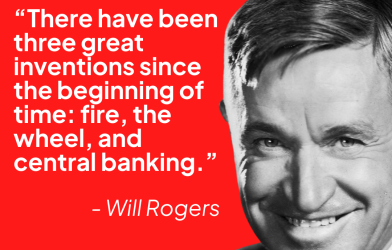In today’s rapidly evolving economy, waste management is increasingly recognized as a critical industry with both environmental and economic significance. As urbanization accelerates and consumerism intensifies, the challenges associated with waste disposal have grown, creating a robust market for waste management services.
The Importance of Waste Management
Waste management involves collecting, transporting, processing, recycling, and disposing of waste materials. Proper waste management is essential for several reasons:
- Environmental Protection: Inadequate waste management can lead to air, water, and soil pollution. By implementing effective waste management practices, businesses can reduce their environmental footprint and contribute to sustainability.
- Public Health: Poor waste disposal can result in health hazards, attracting pests and leading to the spread of diseases. Efficient waste management systems help mitigate these risks, ensuring healthier communities.
- Resource Recovery: Many waste materials can be recycled or repurposed. Effective waste management enables businesses to recover valuable resources, reducing the need for raw materials and minimizing energy consumption.
Current Trends in Waste Management
The waste management sector is undergoing significant transformation, driven by technological advancements and changing regulations. Here are some key trends shaping the industry:
- Automation and Technology: Innovations such as smart bins, AI-driven sorting systems, and data analytics are streamlining waste collection and processing. These technologies enhance efficiency, reduce costs, and improve recycling rates.
- Circular Economy: The shift towards a circular economy emphasizes reducing waste through design and encouraging the reuse and recycling of materials. Businesses are adopting practices that extend the lifecycle of products, fostering sustainability.
- Regulatory Changes: Governments worldwide are implementing stricter regulations around waste disposal and recycling. Compliance with these regulations is becoming a vital component of business strategy, creating opportunities for waste management firms to offer compliant solutions.
- Public Awareness and Participation: As consumers become more environmentally conscious, businesses are responding by adopting sustainable practices. This shift has led to increased demand for waste management services that prioritize recycling and sustainable disposal methods.

Opportunities in Waste Management
The waste management sector presents a myriad of business opportunities:
- Recycling and Upcycling: Companies specializing in recycling can tap into the growing demand for recycled materials. Upcycling, or creatively repurposing waste into new products, is also gaining popularity, opening avenues for innovative businesses.
- E-Waste Management: With the rise of technology, electronic waste is becoming a significant concern. Businesses that provide responsible e-waste disposal and recycling services are poised to thrive.
- Organic Waste Solutions: The increasing focus on food waste presents opportunities in composting and anaerobic digestion. Businesses that can effectively manage organic waste can contribute to soil health and reduce landfill waste.
- Consulting Services: As regulations become more complex, many organizations seek guidance on compliance and sustainable practices. Waste management consulting can be a lucrative niche, offering expertise in waste reduction strategies.
Challenges Ahead
Despite the promising prospects, the waste management industry faces several challenges. These include:
- Infrastructure Limitations: Many regions still lack the necessary infrastructure for efficient waste management. Investment in facilities and technology is crucial for growth.
- Public Perception: There can be stigma attached to waste management, with some communities resistant to new facilities or services. Education and engagement are key to overcoming these barriers.
- Market Competition: As the industry grows, competition is intensifying. Businesses must innovate and differentiate themselves to succeed in a crowded market.
Waste management is more than just a necessary service; it is an emerging business opportunity that aligns with global sustainability goals. As the world grapples with the realities of waste, companies that prioritize efficient, environmentally friendly practices will not only thrive economically but also contribute positively to society. By embracing innovation and sustainability, the waste management sector can play a pivotal role in building a greener future.
For entrepreneurs and established businesses alike, the waste management industry presents a unique chance to make a meaningful impact while capitalizing on a growing market. As we look ahead, the potential for waste management as a business is not just about profit; it’s about paving the way for a sustainable planet.














